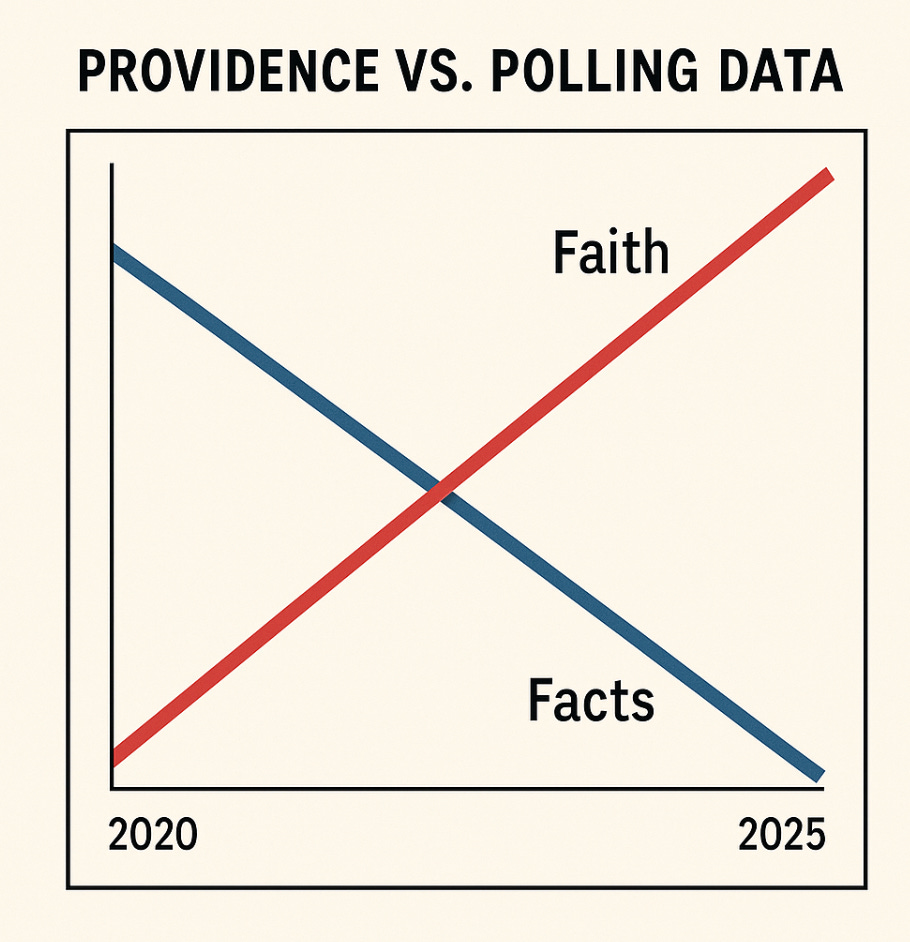Today, 11am: Live with Princeton Prof. Julian Zelizer
A note on today’s 11am Live with Princeton’s Julian Zelizer:
The event is open to all but paid subscribers should scroll to the bottom to see my questions, rank which ones you’re most interested in — and add any you’d like me to consider in the comments.
Prep for My Substack Live with Princeton Prof. Julian Zelizer
Later this morning—around 11 a.m.—I’ll be live with Princeton’s Julian Zelizer to discuss something that, with any other POTUS, would be a thought experiment. With Trump, it’s a rehearsal for permanence. What’s the difference? Well, one imagines that “dictatorship” and “monarchy” didn’t test well with focus groups.
We call this kind of drift democratic backsliding: the slow erosion of norms, checks, and institutional muscle memory that keep executive power from devouring the state. The rituals remain—elections, inaugurations, patriotic backdrops—but the meaning drains out.
Last summer, Donald Trump stopped even pretending the act was temporary. “You won’t have to vote anymore,” he told a crowd of conservative Christians in West Palm Beach. “Get out and vote, just this time. You won’t have to do it anymore, my beautiful Christians.”
For Fear of an Elected King
The framers built the presidency in terror of exactly this—a popular strongman who could turn devotion into dominion. At the Constitutional Convention, the phrase “elected king” came up repeatedly, usually as a warning. They limited terms, staggered powers, and invented checks not because they distrusted presidents, but because they distrusted us: the citizens so easily seduced by charisma promising order.
George Washington could have been that king. He refused, setting a precedent of voluntary withdrawal. The danger wasn’t tyranny from above but consent from below—the public’s willingness to trade uncertainty for certainty, liberty for reassurance.
Trump’s promise that “you won’t have to vote anymore” is a grotesque inversion of that founding anxiety. It turns the burden of citizenship into a selling point. Autocracy is no longer something to be feared—it’s something to be marketed.
The Religion of Continuity
What’s striking is how bipartisan the impulse toward permanence has become. When Vice President Harris said she’s “not done,” the phrase was meant as resolve, but it rhymed uncomfortably with the same fantasy of continuity. Both parties have absorbed the logic of endless incumbency, just dressed in different virtues—stability for one, progress for the other.
The framers feared monarchy; we’ve replaced it with management. Our crisis isn’t rebellion but routine—the steady substitution of government for governance, ceremony for accountability.
Questions for Julian
Keep reading with a 7-day free trial
Subscribe to Study Marry Kill to keep reading this post and get 7 days of free access to the full post archives.


